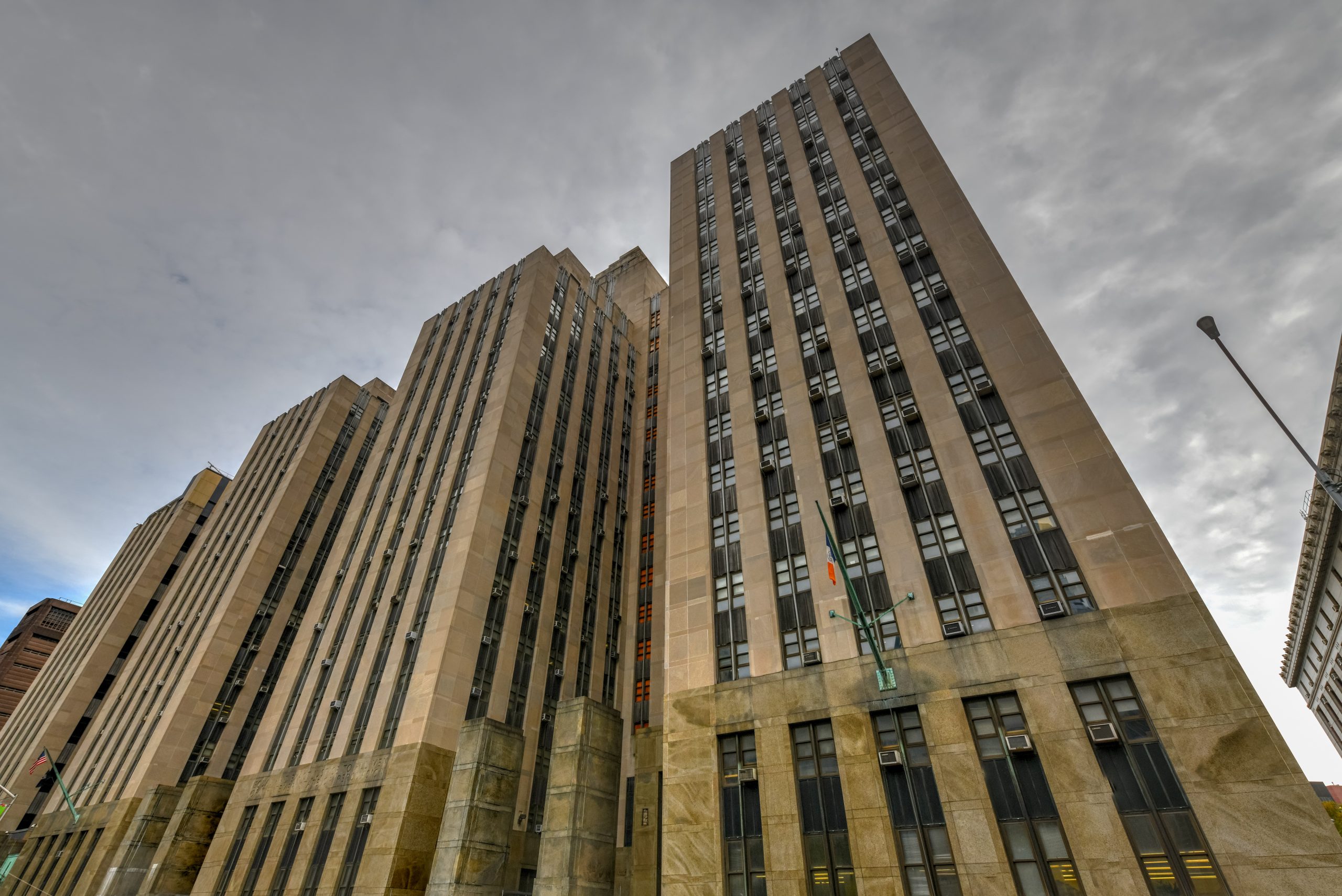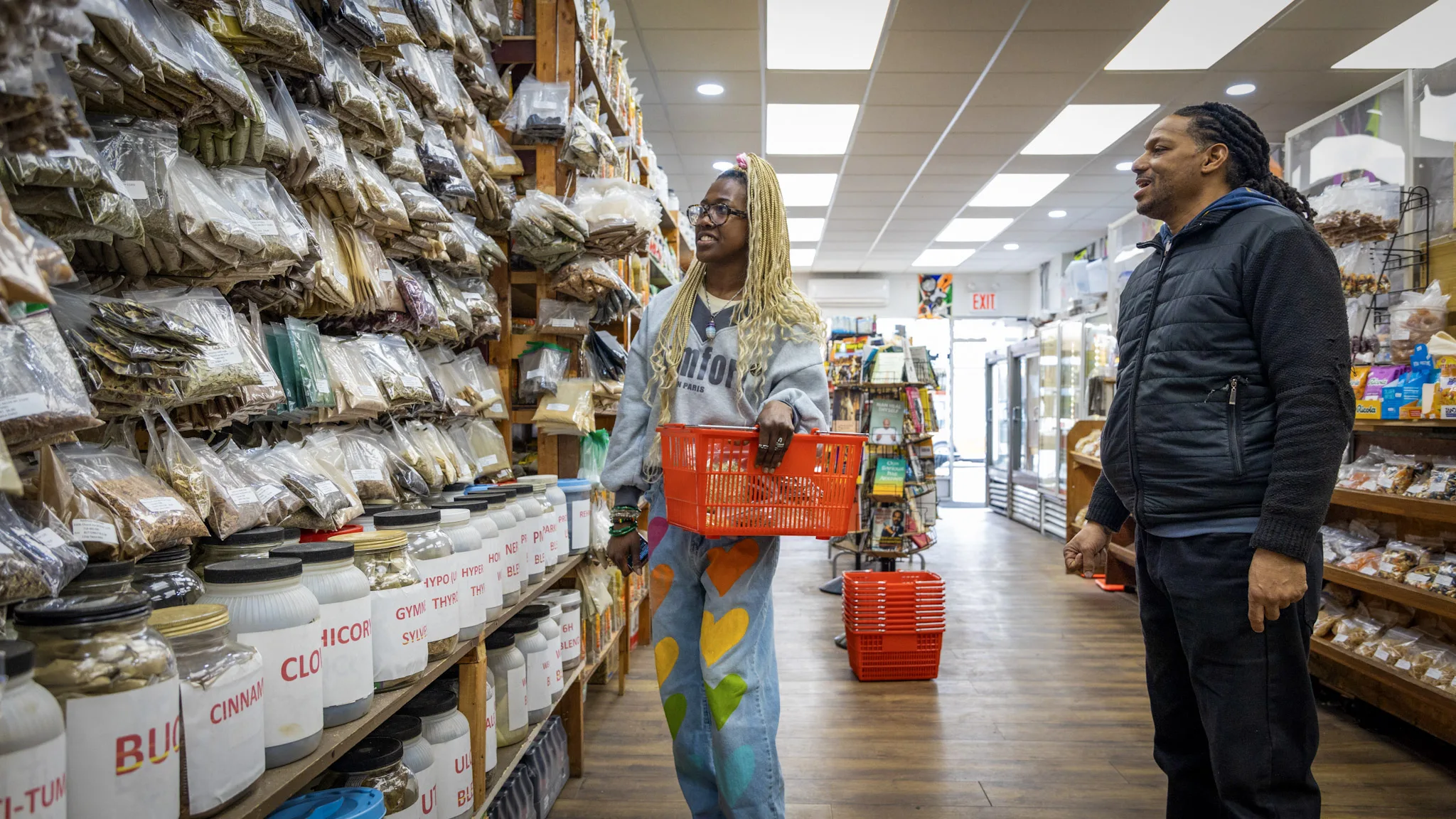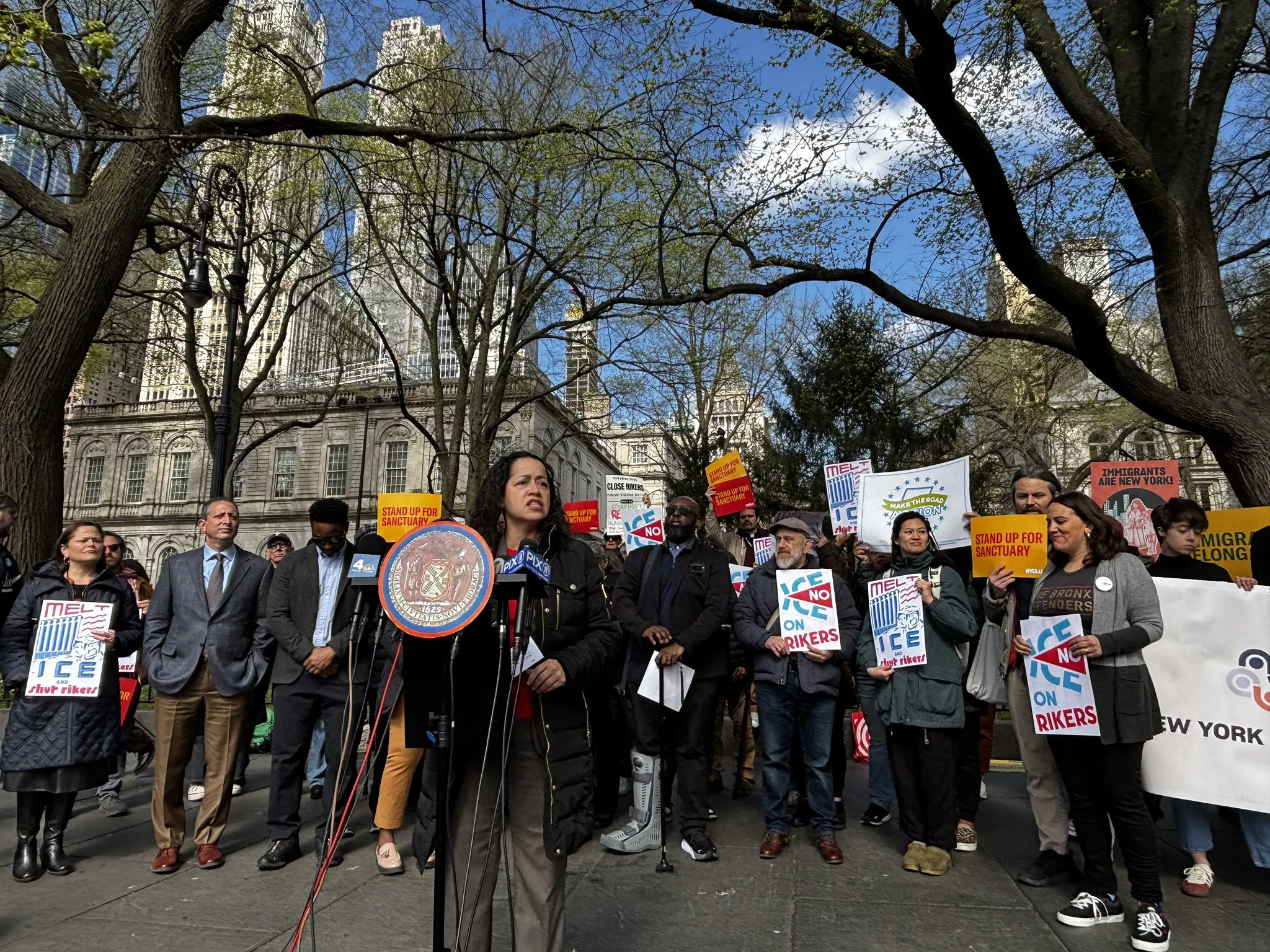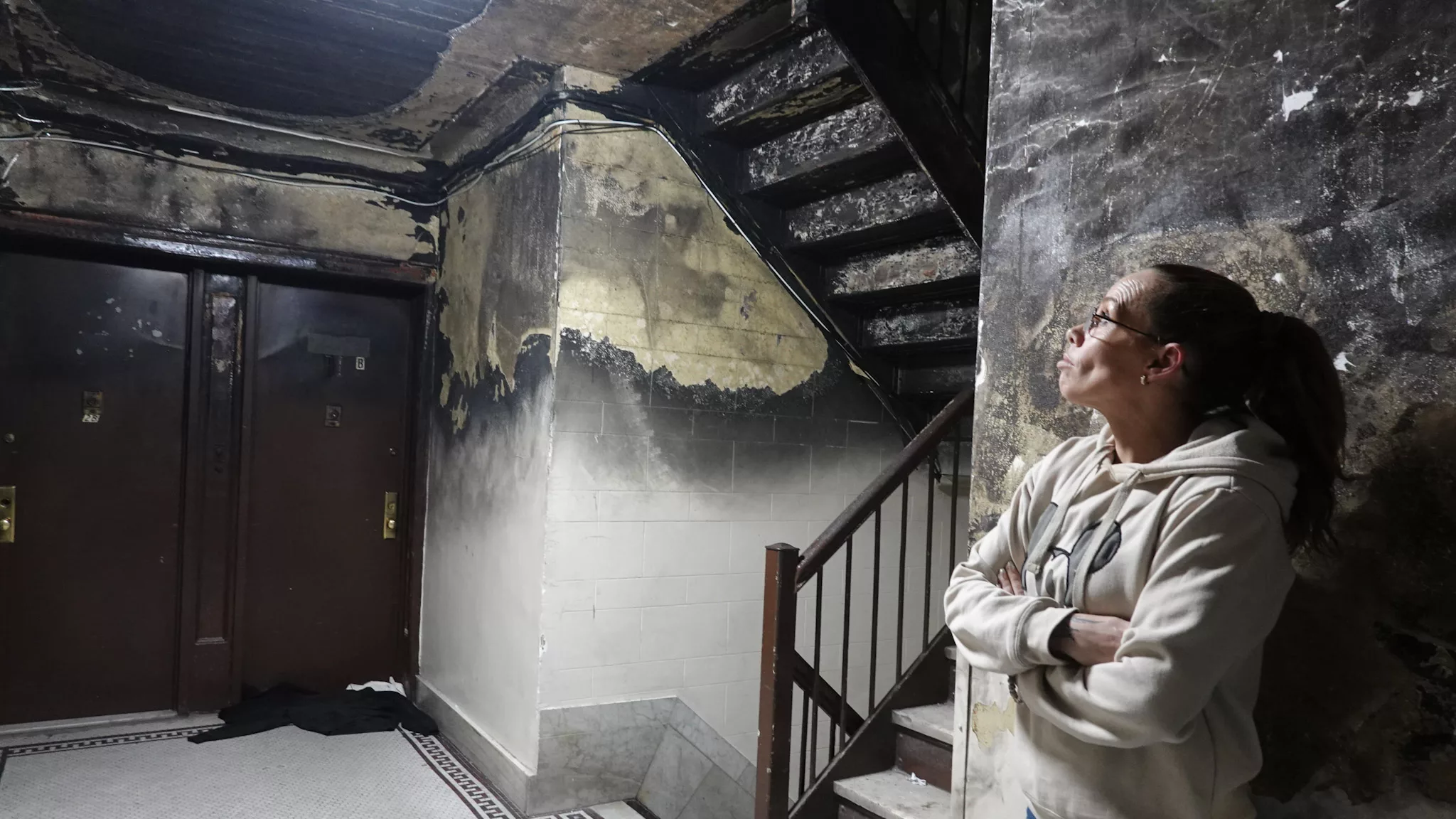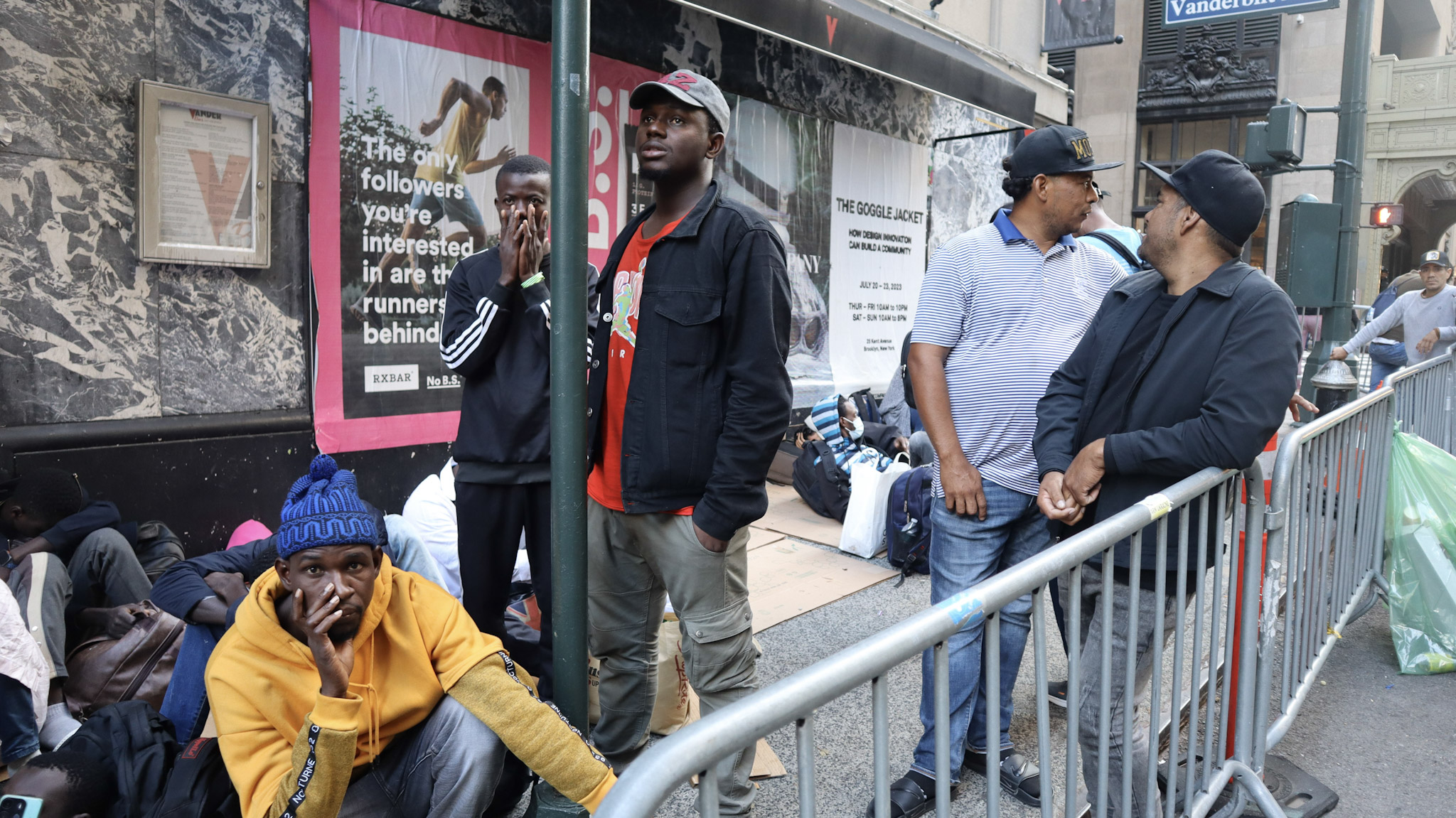Editor’s Note: In the lead up to the election, Documented will be looking back at the Trump administration’s immigration policies over the past four years and examining how they’ve impacted New Yorkers.
For Gabriela Ramos and her two children, their nightmare began in August of 2019 when during a routine traffic stop in Yonkers, her husband was arrested for driving without a license. He was issued a court date and Ramos bailed him out. After attending their second hearing, Ramos’ husband was subject to an arrest by ICE agents outside Yonkers City Court. Despite a yearlong battle to release him, Ramos’s husband was deported back to Mexico.
“He was the one who was always there for us, the one who supported us. Life is not the same without him,” she says.
Since Trump’s election, New York deportations have surged by 150 percent. Between 2016 and 2018, ICE activity in and around New York courthouses spiked from 11 operations to 202 operations, an increase of 1,700 percent. Last year alone, 127 people were arrested outside court buildings primarily in Brooklyn and Queens. ICE officials don’t seem to discriminate between which courts they’ll arrest people in and around. In one incident in 2017, ICE officers were seen at Queens Human Trafficking Court.
In July, the New York State Legislature passed the Protect Our Courts Act, which would prevent immigration-related civil arrests at New York courts. Governor Cuomo has yet to sign the bill into law. Because of this, immigrant rights activists are fearful that ICE raids will continue unabated.
“As courts begin to reopen normally later this year we expect ICE to continue to target courthouses if this bill is not signed,” said Jose R. Chapa, Senior Policy Associate at the Immigrant Defense Project.
Also Read: How ICE Controls Journalists’ Access to the Immigration Courts
With the pandemic forcing the courts to close, immigrant activists such as Sanchez worry that when courts reopen, ICE raids at courthouses will not only continue but increase as housing court, in particular, is expected to be inundated with a flood of eviction cases.
Diana Sanchez, an organizer with the Yonkers Sanctuary Movement, has experienced first hand the effects of courthouse arrests have had on the immigrant community.
“We have seen families going to the courts and ICE being there and grabbing them before they even get into the building,” she says. “Every time the community hears of an ICE arrest, in a matter of minutes, you’ll get a certain amount of undocumented folks already know what’s happening.”
Senator Brad Hoylman, who sponsored the bill, feels that the legislation is more urgent than ever.
“The backlog of housing court cases, and all cases, makes this bill more relevant than ever. ICE’s unconstitutional detainment of New Yorkers has never been acceptable,” he said.
The governor’s office told Documented that they are “reviewing the bill” and refused to give a tentative date for when it will be signed. The governor’s lack of urgency has frustrated activists like Diana Sanchez.
“I don’t know why he’s not signing it if it was passed by the assembly and the senate, it’s not like the public is against it. It seems all the public supports the bill. If he doesn’t sign the repercussions are going to be on him”
Also Read: A Family Trip Turned Into an Immigration Nightmare
With the bill dragging in Albany, New York Attorney General Letitia James and Brooklyn District Attorney Eric Gonzalez have looked to the courts as a means of blocking ICE. In 2016, they jointly filed a lawsuit against ICE and the Department of Homeland Security, challenging the legality of the government’s courthouse arrests. In late September, a federal judge in Manhattan ruled that federal immigration law does not allow ICE to make civil arrests at courthouses. The ruling comes after ICE appealed an early ruling made in June that also barred ICE from making arrests in New York courthouses.
“I am extremely gratified that U.S. District Judge Rakoff today agreed and enjoined ICE from making those arrests, finding that it was a violation of longstanding practices, of their own policies, and interfered with the administration of justice,” said District Attorney Gonzalez after the legal victory. “Allowing every resident equal access to our justice system is crucially important and necessary for maintaining fairness and public safety.”
Still, with the pandemic raging, ICE has resumed its raids with the agents arresting 83 people in New York in early September as part of a nationwide crackdown. Even with the court ruling against ICE, without the bill being signed into law, Jose Chapa expects that ICE arrests at courthouses will surge.
“We have started to see an uptick in ICE activity again across New York State, so we can only anticipate more activity as we move forward.”
Also Read: ICE Filed Over 100,000 New Cases and Clogged the Courts at the Peak of the Pandemic
As for Gabriela Ramos, her life has been completely upended since the arrest and deportation of her husband. She was forced to look for work but with the economy in shambles, she has not had any luck. Although life has only gotten harder for her, she still has the desire to be a voice of hope to those who are in a similar position.
“I hope the governor does sign the law because I think he needs to see what is happening to families. I don’t only speak for myself, I speak for every single family who has been going through this for a long time. Even though we came here illegally we still put in the work and try to do the very best.”
